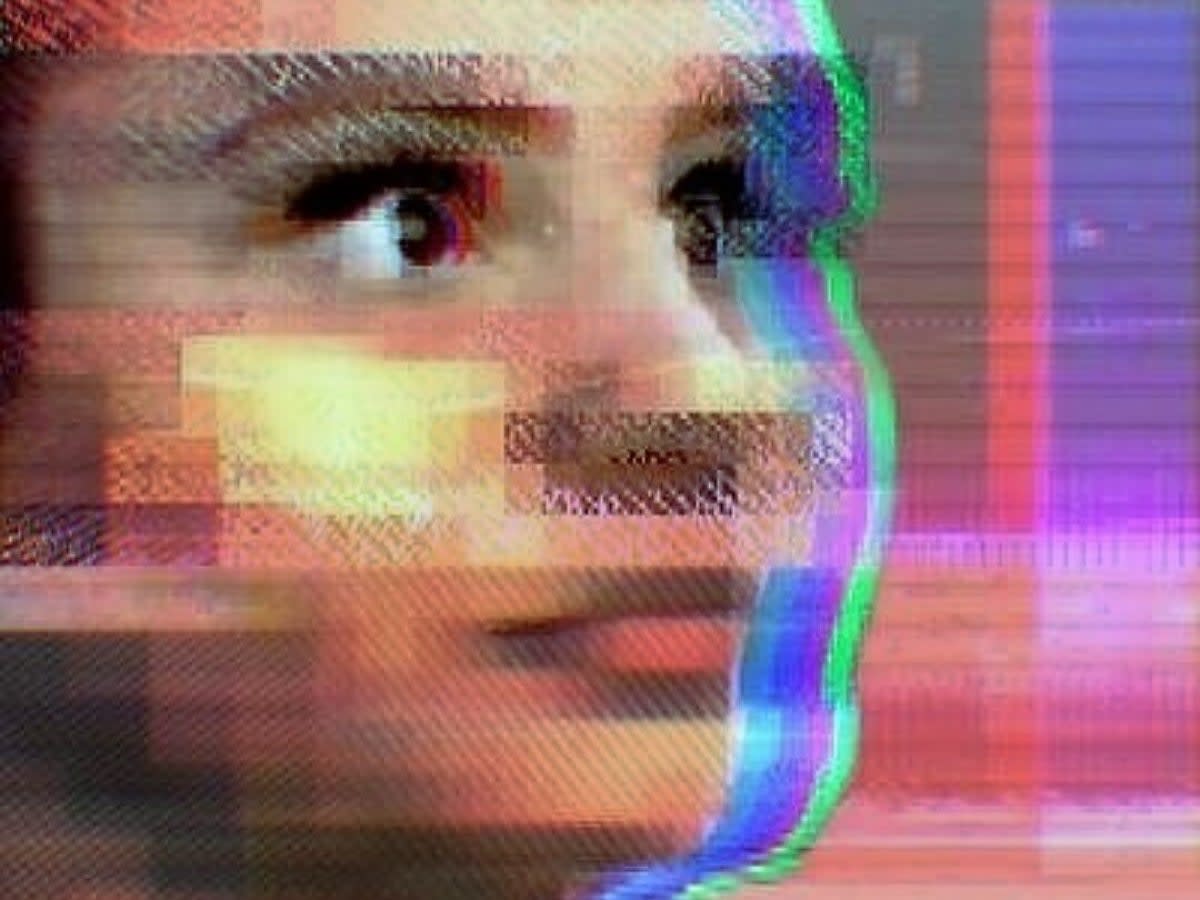OpenAI boss reveals what ‘scares him most’ about AI

The boss of OpenAI has revealed what he finds most scary about the rapid emergence of advanced artificial intelligence.
Sam Altman, whose company launched the ChatGPT chatbot last November, said that the ability of generative AI to create revenge porn was of “great concern” to him.
Generative AI allows people to create content like audio, text or video through simple commands, with recent breakthroughs like ChatGPT demonstrating an ability to generate human-like and hyper-realistic responses.
Speaking in an interview with Forbes, Mr Altman gave examples of things he found “cool” about the technology, as well as things that scared him.
“I definitely have been watching with great concern the revenge porn generation that’s been happening with the open source image generators,” he said.
“I think that’s causing huge and predictable harm.”
The tech CEO said preventing such harmful outcomes will be the responsibility of both the companies building the AI, as well as the people using the tools.
“It’d be great if we could just point to those companies and say, ‘hey, you can’t do these things’,” he said. “But I think people are going to open source models regardless, and it’s mostly going to be great, but there will be some bad things that happen.”
Since launching late last year, ChatGPT has already attracted millions of users, as well as billions of dollars worth of investment from companies including Microsoft.
People have used it to create poetry, fix computer code, pass university exams and write essays, though the tool Mr Altman said was most useful for him was its summarisation feature.
“The fact that I can just have full articles or long email threads summarised has been way more useful than I would have thought,” he told Forbes.
“Also, the ability to ask esoteric programming questions or help debug code in a way that feels like I’ve got a super brilliant programmer that I can talk to.”
OpenAI is planning to launch the successor to ChatGPT, named GPT-4, later this year, which Mr Altman claims will be a significant improvement on its predecessor.
Mr Altman has previously said that the ultimate goal of OpenAI is to create artificial general intelligence (AGI) that can match or surpass the intellect of a human.

